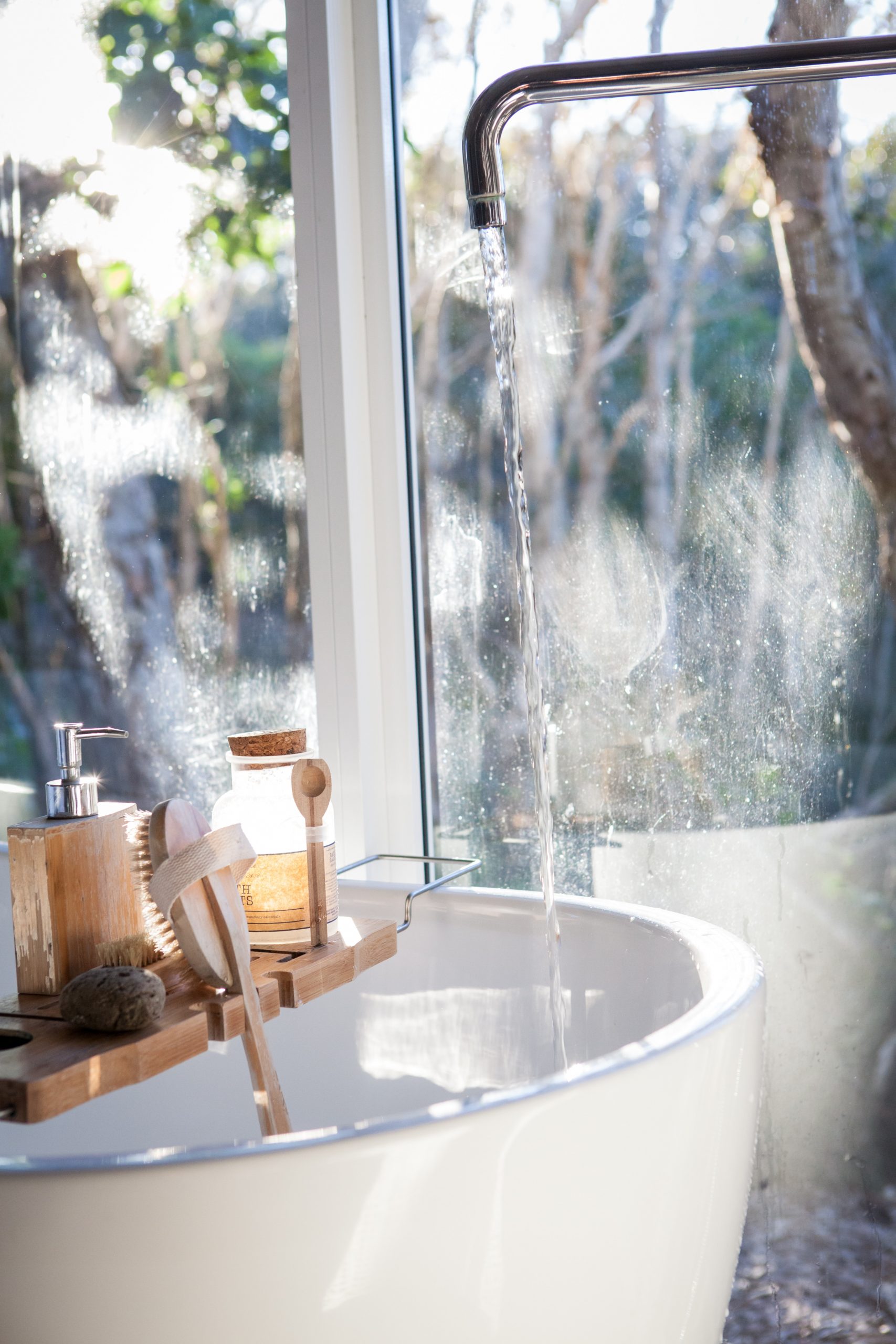Working with the elderly can be extremely fulfilling, but for some, it can also get depressing. I mean, let’s get real about it—the older we get the more prone we are to diseases and death. When we lose a patient, it’s not going to be easy (especially if we had grown close to them).
This tends to mean that the type of people that do best in this field are people that understand that life is for the living. People that can focus on the impact that people leave behind after death are the ones that thrive in this environment. Understanding this, people that work in this field tend to grow strong bonds with their patients (some for years to come in a retirement community).
If we’re considering a career working with the elderly, there are all kinds of options. However, we’re probably going to need to take a health-focused route to get there. At the very least having a medical background will give us an edge in this type of work.
Therefore, we should consider taking the healthcare career readiness quiz to see if a career in healthcare is right for us and what type of work would best fit our personality and needs. Regardless of the type of work we decide to do working with the elderly, there are going to be all kinds of advantages. Check out the top 3 benefits of working with the elderly:
Job Security
Due to modern medicine, people are living lives that are healthier and much longer. This seemed evident by the 2014 population projections and estimates by the United States Census Bureau. They estimated that by 2030 up to 20 percent (or more) of the U.S. population will be 65 or older. This is a drastic increase compared to the mere 13 percent that it was in 2010. They also estimate that the population of U.S. residents 85 and older will DOUBLE by 2036. This means that there is likely to be a lot of senior citizens needing elder care now and in the future, which means more jobs for people trained for this type of work.
This is further proven by the fact that, according to the Bureau of Labor Statistics, due to the growth of the aging “baby-boomer” generation medical assistant jobs are estimated to go up by 23 percent between 2018 and 2028, which they say is “much faster than the average for all occupations.”
Personally Fulfillment
All senior citizens have lived through decades worth of change. They’ve all seen economic shifts, the effects of war(s), and social movements that have shaped generations. Some have even been part of some of these things on top of other miraculous experiences they’re most likely willing to tell us about. The knowledge and firsthand experiences we can learn from the older generation isn’t something to take lightly. It can build the most rewarding relationships we’ve ever experienced. In fact, a 2009 study on healthcare workers working with elderly patients found that the strong bond that is often created with elderly patients was the “greatest reward” and often the reason workers remained in this field.
Keep in mind, however, there are some downsides. Some elderly patients may be crotchety and mean from years of hardships, but that doesn’t mean they don’t still have something to give. We can often give these patients comfort and still learn a lot from the experience. For example, if our patient is suffering from a life-threatening condition and in need of funds then we may want to talk with them about considering a viatical settlement provider to help them pay off any medical bills that may be the cause of stress and/or a lack of money for treatments that would make them more comfortable.
Life-Changing Impact
Many elderly people in need of care have sadly outlived a lot of their family members and friends (it’s a harsh reality of living longer). This tends to mean that they can get extremely lonely, which will make our interactions with them incredibly important to them. Because we may end up being the most touching relationship in their lives towards the end, this impact is life-changing not only for them but for their families who we will be giving peace of mind. This experience also tends to make caregivers working with the elderly feel like they have a greater purpose in providing vital care to a generation that they can learn a lot from.








